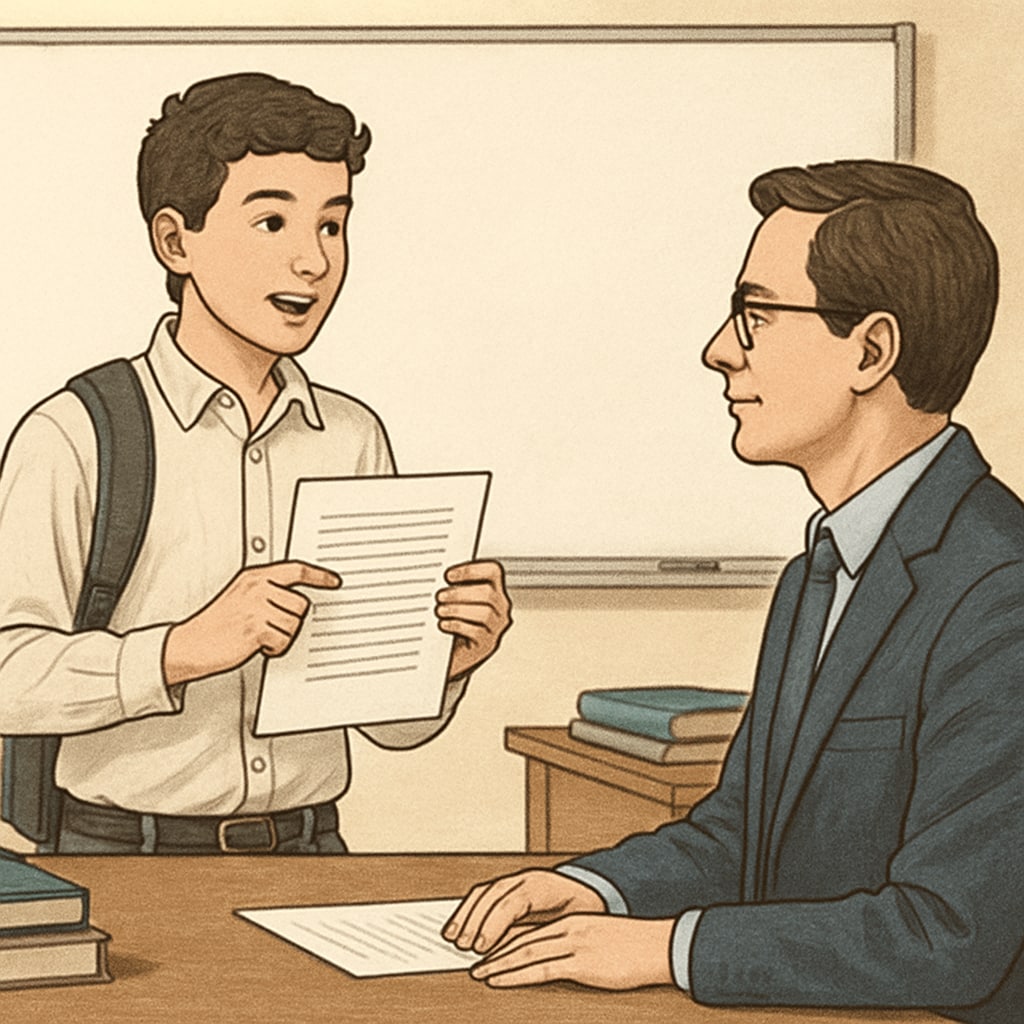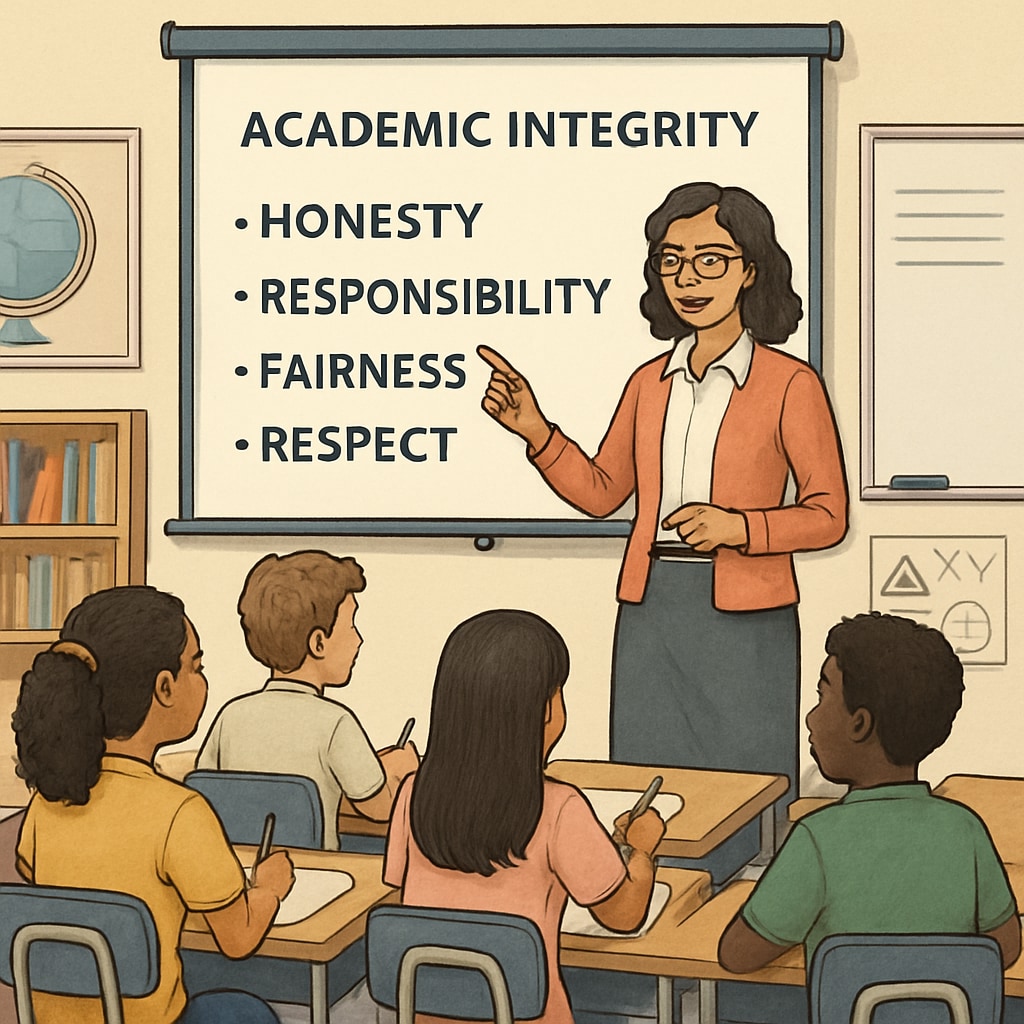Accusations of plagiarism by professors, especially when false, can create significant tension and distrust within the K12 education system. These incidents not only impact students’ academic reputation but also erode the foundational trust between educators and learners. This article delves into the causes, consequences, and potential remedies for false plagiarism accusations, emphasizing the need for transparent and fair academic integrity practices.
Understanding the Root Causes of False Accusations
False plagiarism accusations often stem from a variety of factors. Sometimes, educators may misinterpret a student’s work as overly similar to existing sources due to lack of context or familiarity with certain tools. Other times, systemic pressure on teachers to maintain academic rigor can lead to overly cautious judgments.
- Lack of training: Educators may not receive sufficient training in detecting plagiarism accurately, leading to errors in judgment.
- Reliance on automated tools: Over-dependence on plagiarism detection software can result in false positives, as these tools cannot always distinguish between proper citations and copied content.
- Bias: Implicit bias against certain students or groups can influence decisions, although often unintentionally.

The Impacts of False Accusations
False plagiarism accusations have far-reaching consequences for both students and educators. For students, these accusations can damage their self-esteem, academic records, and trust in the educational system. Educators, on the other hand, may face challenges in maintaining credibility and fostering meaningful teacher-student relationships.
Some notable impacts include:
- Emotional distress: Students may experience anxiety, shame, or frustration when wrongfully accused.
- Academic setbacks: Incorrect penalties can hinder a student’s progress or even result in unjust disciplinary actions.
- Damaged relationships: Trust between teachers and students might weaken, leading to disengagement and lack of collaboration.

Solutions for Preventing False Accusations
Preventing false plagiarism accusations requires proactive measures to ensure accuracy and fairness in academic integrity evaluations. Both educators and institutions play critical roles in creating a supportive environment.
Key solutions include:
- Comprehensive training: Educators should receive regular training on plagiarism detection methods, including understanding citation styles and research norms.
- Improved tools: Schools should invest in advanced plagiarism detection software capable of distinguishing between proper citations and copied material.
- Open communication: Encouraging dialogue between educators and students about allegations can help resolve misunderstandings before they escalate.
- Transparent policies: Institutions should establish clear and fair guidelines for handling plagiarism accusations, ensuring due process for students.
Building a Trust-Based Educational System
Ultimately, the goal should be to foster an educational environment where trust and mutual respect between teachers and students are prioritized. By addressing the issue of false plagiarism accusations head-on, institutions can uphold academic integrity while protecting students’ rights and emotional well-being.
For example, integrating restorative practices such as mediation and peer review panels can help balance accountability with fairness. Additionally, promoting a culture of academic honesty through workshops and classroom activities can strengthen understanding and compliance among students.
In conclusion, false plagiarism accusations undermine the very foundation of trust in education. By investing in better training, tools, and communication strategies, K12 institutions can ensure a more equitable and transparent system—one that supports healthy teacher-student relationships and inspires academic growth.
Learn more about plagiarism on Wikipedia and discover its impact on Britannica.


